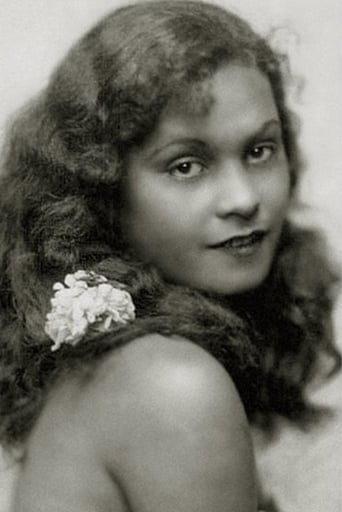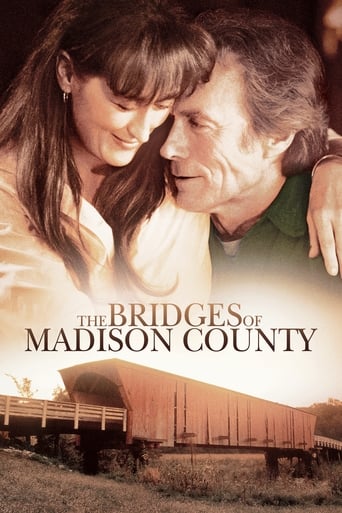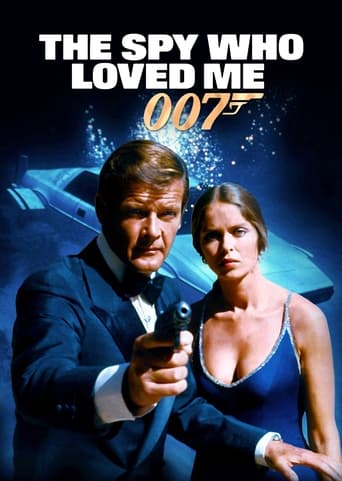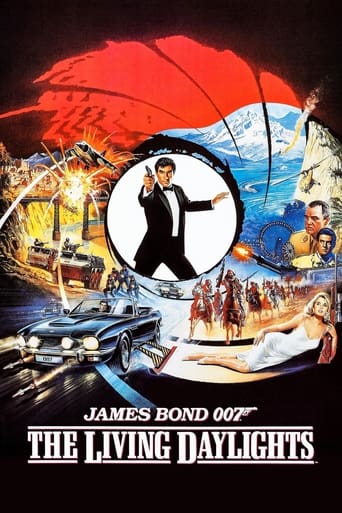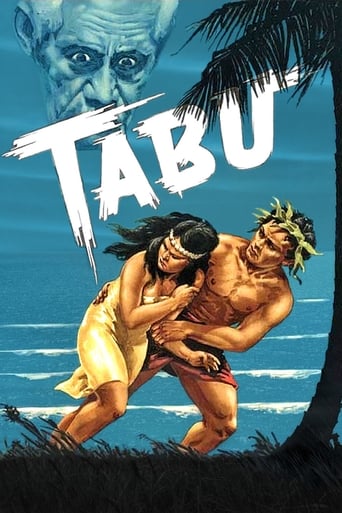
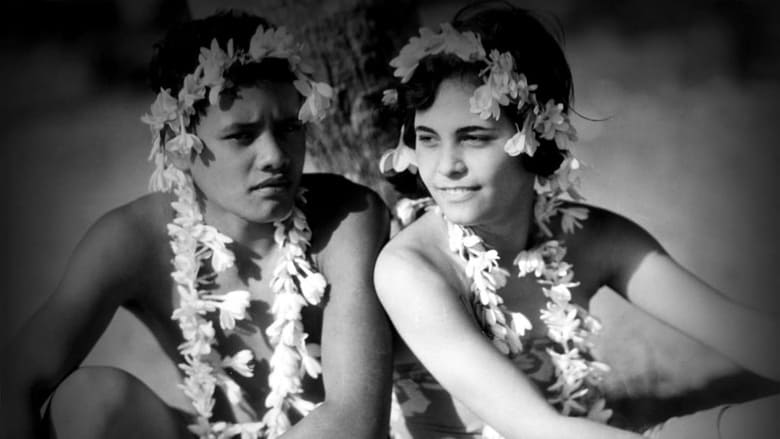
Tabu: A Story of the South Seas (1931)
On the South Pacific island of Bora Bora, a young couple's love is threatened when the tribal chief declares the girl a sacred virgin.
Watch Trailer
Cast


Similar titles
Reviews
Monday March 22, 7pm, The Paramount, Seattle"I will come to you in your dreams when the moon spreads its path on the sea"Tahitian lovers flee their island home to escape a royal edict. Chosen as a sacred maiden, the girl is tabu. "Man must not touch her, or cast upon her the eye of desire." They struggle to survive in an unfamiliar world while their fate slowly closes in.F. W. Murnau set sail for Bora Bora in 1929 to produce what would be his last film. He quickly lost his financing, alienated his co-writer Robert Flaherty, and was forced to bankroll the project himself. The end result was a lyrical vision of naked youth and forbidden romance amid warm trade winds and glittering tropical waters.Released in 1931, well beyond what is generally considered the end of Hollywood's silent-era, Tabu was produced as a silent film with a synchronized score. It differs from actual silent era films with synchronized musical/sound-effects scores in that it survives virtually unknown without its RCA-Photophone soundtrack.
Chapter 1 - Paradise: The youngsters Matahi and Reri are in love for each other. When Reri is chosen by the old warrior Hitu to be the god's maid, she must stay virgin and untouched, otherwise her lover and she should die. But Matahi abducts and escapes with her to an island ruled by the white man, were their gods would be harmless and powerless.Chapter 2 - Lost Paradise: Matahi is an excellent diver, getting many pearls from the bottom of the ocean, but he does not know the meaning of money, promoting a feast to the villagers and signing the bills the smart Chinese businessman presents to him. Meanwhile Hitu chases them, and Matahi and Reri decide to buy a ticket to travel by ship to another place. However, the Chinese charges the bill and Matahi, without any money, goes to a forbidden sea with sharks trying to get a huge pearl to pay for his debts and escape with Reri. But she decides to leave the island with Hitu and spare Matahi's live. But Matahi swims after their boat, dying of exhaustion in the sea."Tabu: a Story of the South Seas" is an innocent and tragic love story. The movie practically does not have any professional actor or actress, and the cinematography is very impressive, considering the type of equipment available in 1931. The landscapes are wonderful, the underwater sequence is amazing and the love story ahead of time. My vote is eight.Title (Brazil): "Tabu"
South Seas dramas down through the decades have involved a lovely woman with one layer of scanty clothing, and a man who is chiefly attired in bronzed muscles. Both are Rousseauian children, taking rapturous joy in carnality and in their sun-light surroundings. Invariably they run afoul of the hungry island gods, rapacious white man, or combination of both. It's a genre done in John Ford's "Hurricane" and other movies with Dorothy Lamour; "Bird of Paradise" with Debra Paget; the various "Blue Lagoon" movies; up to the 1980's little seen "Beyond the Reef." This one has one thing distinguishing itself from the others - the cast is all actually Polynesian, or partly so (sorry Dorothy). It does bring in the common troubles of indigenous peoples: wanting to escape their stifling tribal atmosphere, they have a hard time coping with the outside world's currency economy and alcoholic drink. The movie eschews the Hollywood ending. Anne Chevalier is a treat, and a climatic moment late in the movie is directed for maximum shock.
I saw this film just last night on a double bill with "Nosferatu." Considering that Nosferatu is a !*&@#%$ masterpiece, it was hard to compare this with the movie I just saw, plus my friend who was watching it with me was only thinking of "Mystery Science Theater" comments the whole time, but I had the mature response and I really liked this movie. The cinematography is beautiful, and the story is incredibly convincing. The ending also made me cry. It may not be as good as "Sunrise," but it's one of the last great silent films, and also great as a semi-documentary of Polynesian life. Considering Paramount's silent films barely survive, this should be seen as a treasure.


